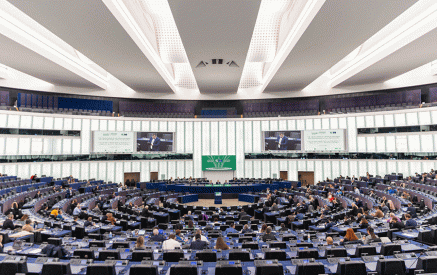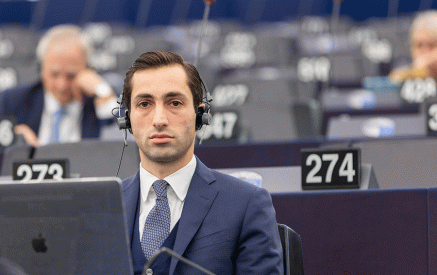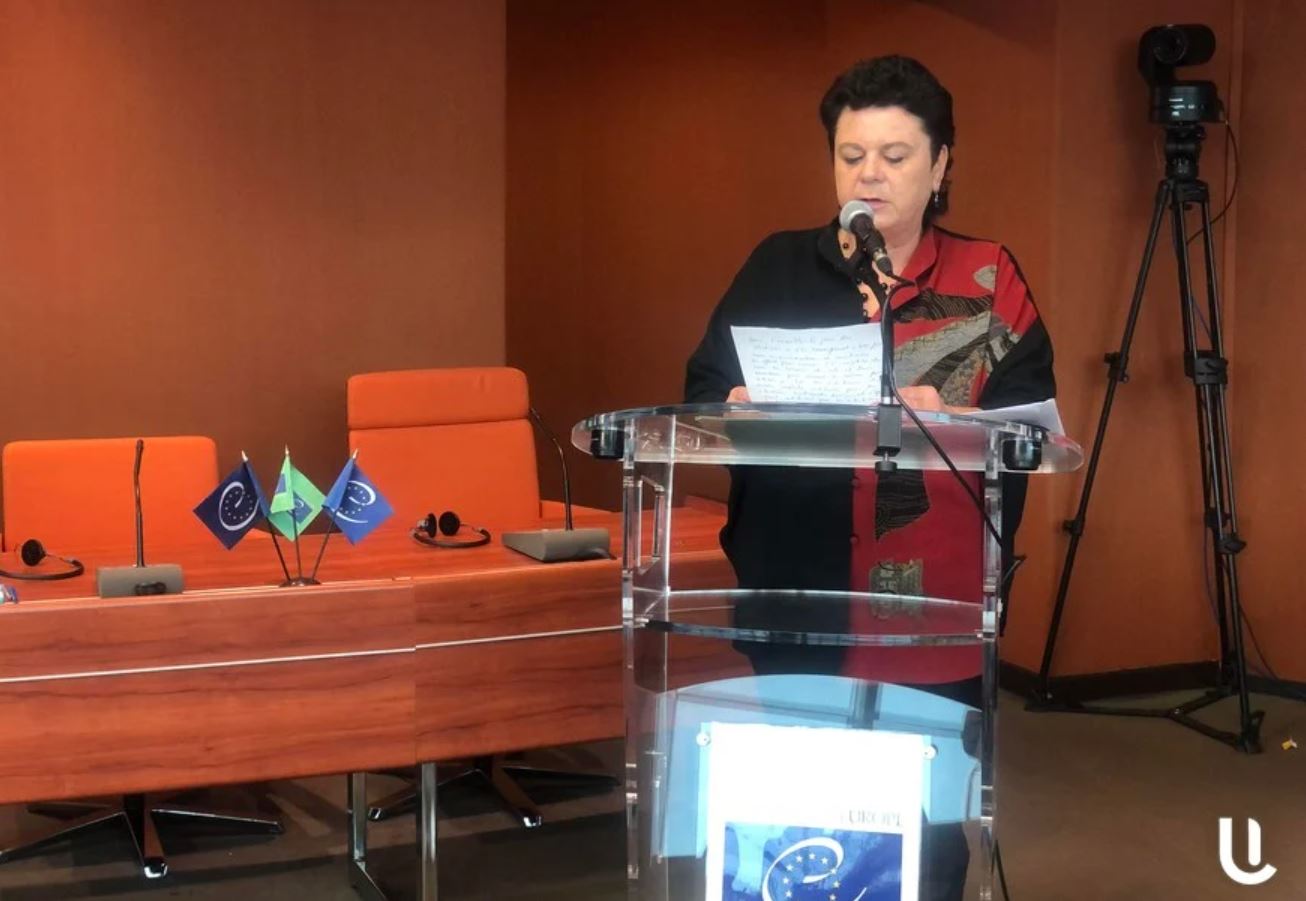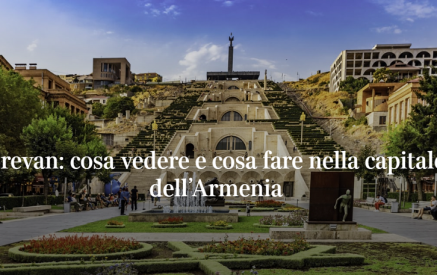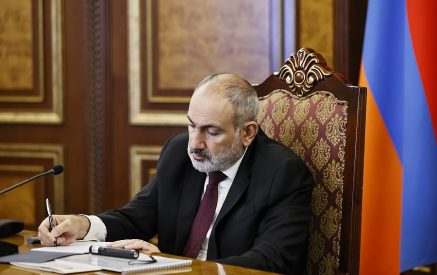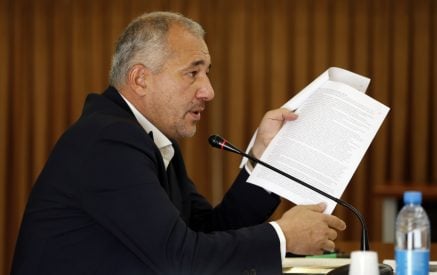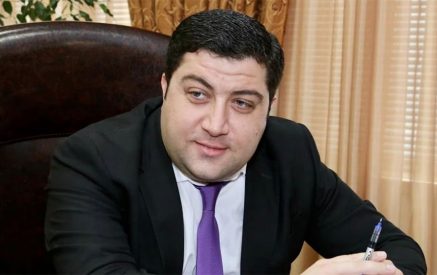During the 45th session of the Congress of Local and Regional Authorities of the Council of Europe (CoE Congress) held in Strasbourg, the report on the elections of the Council of Elders of the city of Yerevan was adopted with a ratio of 53 “for,” 5 “against,” 3 “abstentions.” The nine-person Congress delegation was in Armenia on an observation mission on September 15-18. It carried out an observation mission in 12 electoral districts of Yerevan.
The report states that the elections were generally calm, peaceful, and well organized, without serious incidents or anomalies. The CoE Congress delegation welcomed the 2020 and 2021 amendments to the Electoral Code, which addressed some of the previous recommendations and contributed to greater transparency of the electoral process. The report also contains some criticisms. “Despite these improvements, the campaign was polarized, overshadowed by national security concerns, and marked by accusations of bias in favor of the ruling party’s candidate, which did not promote a level playing field. The delegation regretted the lack of public interest in local government elections, especially among young voters, reflected in the lowest recorded turnout in Yerevan.”
The report also mentions several issues that need to be improved, namely the inaccessibility of the polling stations, the quality of the voter lists, and the large number of voters included in the lists that de facto live outside the Republic of Armenia. The document also sets out concerns about abuse of administrative resources and insufficient representation of women at the top of candidate lists. It is proposed to hold local government elections in RA on one single day.
Read also
After the presentation of the report by the author of the report, Carla Dejonghe, the Head of the delegation of the CoE Congress, observing the elections of the Yerevan Council of Elders, the speeches of the Congress delegates followed.
Emin Yeritsyan, head of the Armenian delegation at the CoE Congress, said that the report reflects the reality. “The existing problems are presented accordingly in the report. Since joining the CoE, RA has worked closely with all the bodies of the CoE, including the Congress. In 1996, RA made a systemic change at the local level, transitioning from the Soviet model to a new democratic model. Many changes have been made in the last 27 years. In 1997, we formed 1,000 communities with a direct election system; today, due to administrative-territorial changes, we have 72 communities, and the elections are held using the proportional electoral system.”
Emin Yeritsyan emphasized that the recommendations of the Congress regarding reforms are a benchmark for Armenia. Discussions are happening locally within the country in connection with the recommendations fixed in this report. Yorge Securia (Portugal), a member of the Congress observation mission, highlighted Armenia’s efforts to ensure the electoral process’s transparency after the 2018 revolution. “I want to highlight and emphasize the special nature of the voting and personalization procedures we saw in Armenia. I call on everyone to read about this in the report. The cameras and the fingerprint procedure were different and special mechanisms I had not yet encountered. These elections were dominated by the situation related to Nagorno Karabakh and security issues. Our meetings with representatives of various fields evidenced this. After these elections, we must declare we cannot allow a new war in Europe.”
Tatev HARUTYUNYAN
Strasbourg























































